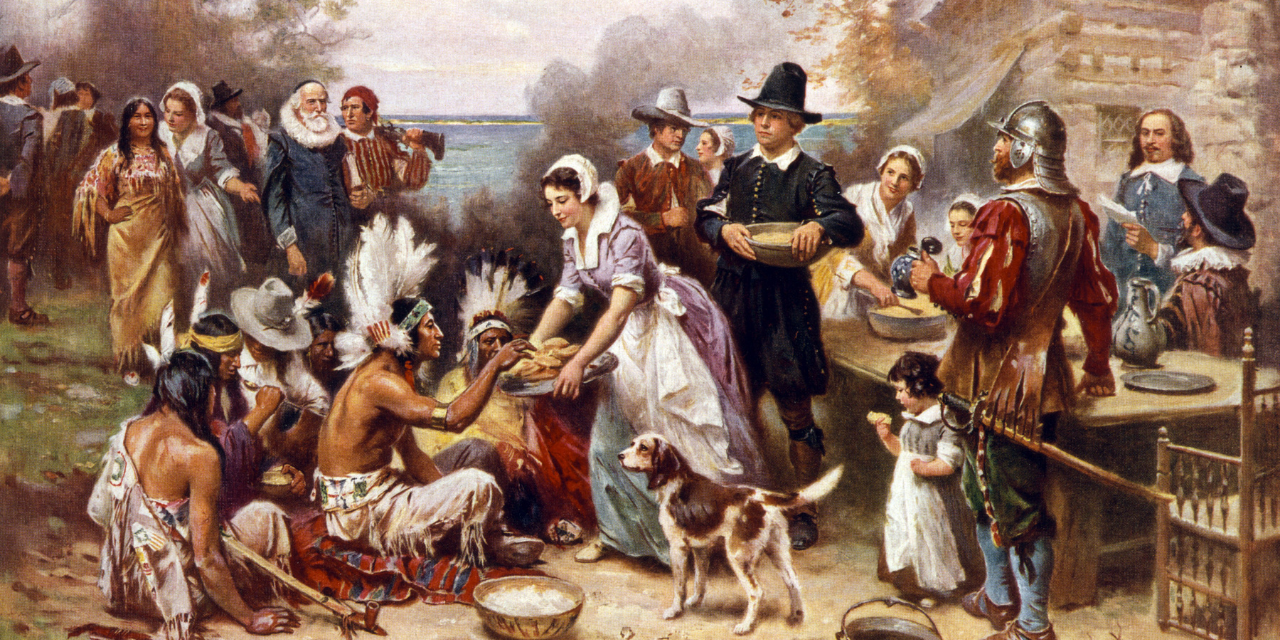Last year was the 400th anniversary of the Pilgrims’ crossing the Atlantic on an overcrowded ship rife with disease, seeking to come to a new world where they could freely exercise their faith and live their lives in accordance with their conscience.
While many on that ship never made it across the ocean to see their new home, those who survived the journey were greeted by a large rock on the shores of what the Pilgrims would name Plymouth, Massachusetts.
While visitors today only see a small rock that has eroded over time, it serves as a historical reminder of the sacrifice made by the Pilgrims. In numerous ways, it also serves as a warning that we should not allow our memory of their legacy to erode as that rock has over the past four millenia.
Once ashore, the Pilgrims, along with others who joined them on their treacherous journey, took steps to ensure they would have a government that would represent the best interests of all. To that end, they drafted the Mayflower Compact. This too-little-appreciated document recognized that people derived their right of self-government from God and not from man.
The Mayflower Compact was the first attempt at self-government on the North American continent. It was also the document that ultimately served as the basis for the religious liberty enshrined in the U.S. Constitution – a precious freedom that we continue to enjoy today.
While the document used Christianity as its base and said that all colonists should live in accordance with the Christian faith, it was also a pluralistic document meant for the good of both Christians and non-Christians alike to be able to govern themselves and abide in harmony with each other, regardless of their differences. It stated that the colonists would create and enact “laws, ordinances, acts, constitutions, and offices” that would allow the colony to thrive, and they would create one society and work with each other, rather than in opposition to each other, because faith informs good government for all.
At the commemoration of the 200th anniversary of the Pilgrims’ arrival at Plymouth, the great senator and gifted orator Daniel Webster spoke of the legacy bequeathed by the Pilgrims, encouraging and offering future American citizens:
“… some proof that we have endeavored to transmit the great inheritance unimpaired; that in our estimate of public principles and private virtue, in our veneration of religion and piety, in our devotion to civil and religion’s liberty, in our regard for whatever advances human knowledge or improves human happiness, we are not altogether unworthy of its origin.”
In fact, the principles that Webster describes are exactly the ones put to paper by Thomas Jefferson and the signers of the Declaration of Independence. In the remainder of his remarks, Webster spoke about how the values of the Pilgrims were instrumental in laying the foundation upon which our nation was built — the values of self-government, private property, Christian morals, industry, and religious liberty.
In our present contentious and perilous era, where America seems hopelessly divided on practically every issue, I would suggest that it is time for us to reflect on the principles the Pilgrims provided for us and have served as the foundation that resulted in the freest country on earth. Whether Christian or non-Christian, Republican or Democrat, Boomer or Millennial, we can all give thanks for this legacy of unchanging religious liberty and the right of conscience.
If we thoughtfully remember those timeless principles and sacrifices the Pilgrims made, perhaps we can once again in harmony – respectful of our differences but united in our gratitude for our freedom – celebrate these freedoms bequeathed to us by God, and those brave souls who risked their very lives in a harrowing ocean crossing, not only for themselves to enjoy but also for future generations. That is my prayer this and every Thanksgiving.
Photo from Shutterstock.






